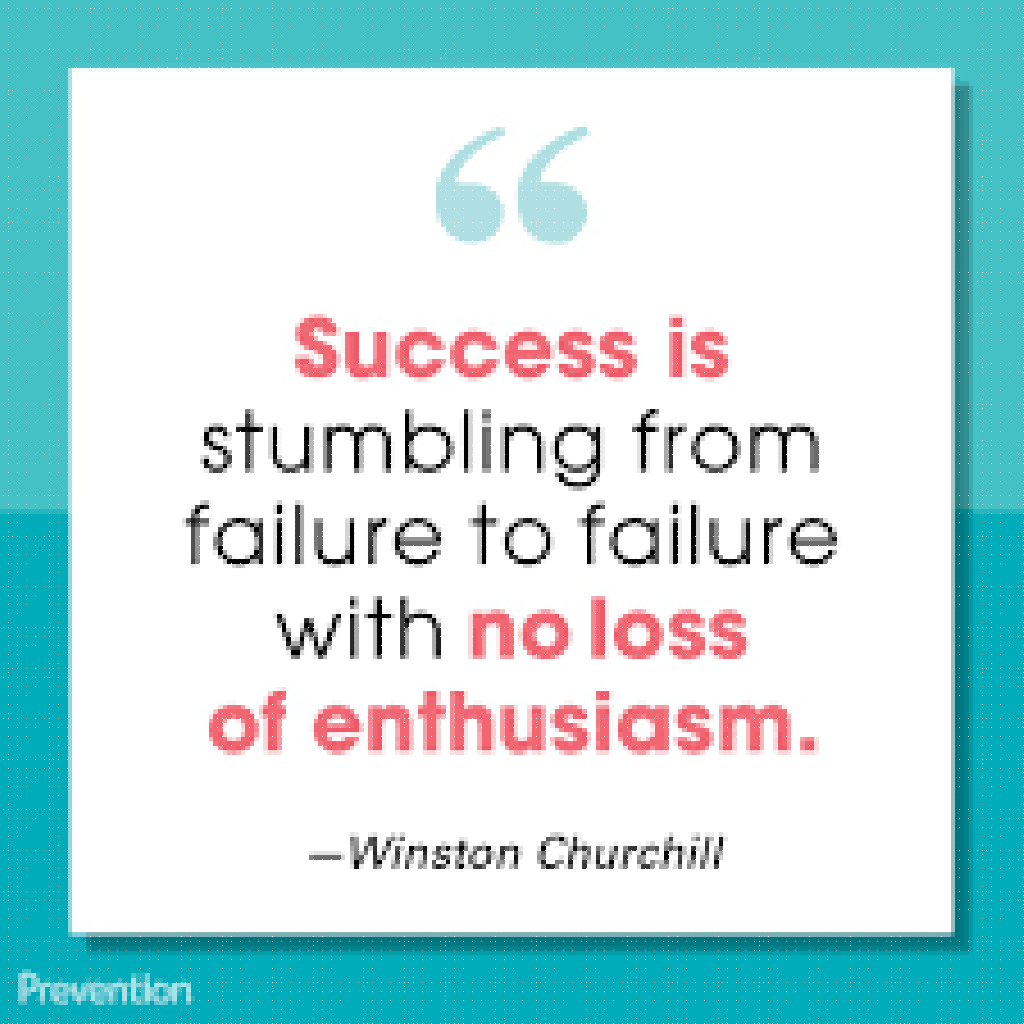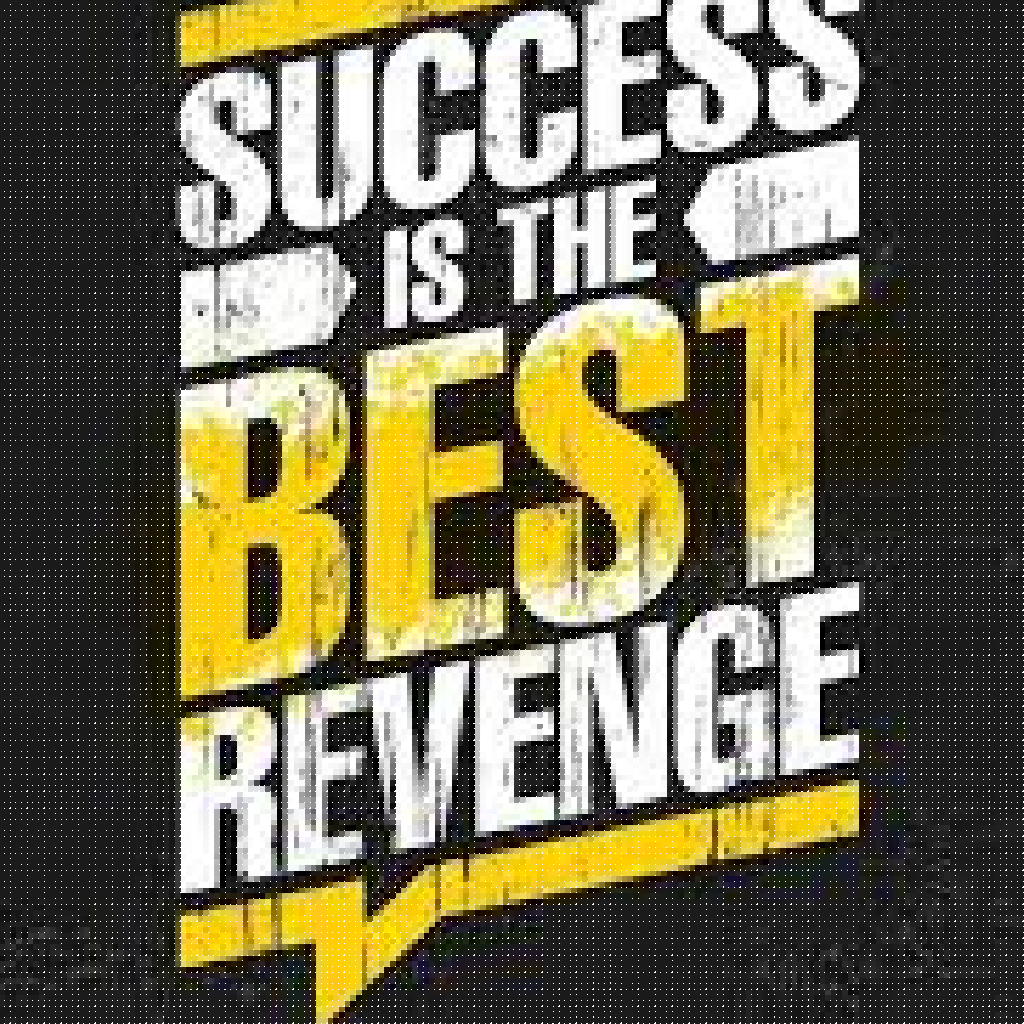Key Takeaways:
- A clear entrepreneurial vision and strategy are essential for overcoming challenges and achieving sustained success.
- Effective risk management and a solid understanding of business structures enable entrepreneurs to navigate complex business environments.
In the dynamic world of entrepreneurship, success often hinges on the ability to cultivate a clear vision and execute a strategic plan. Entrepreneurs face numerous challenges, from market uncertainties to competitive pressures, making it essential to form a robust foundation based on actionable insights derived from both managerial expertise and a deep understanding of risk. This article delves into how a well-defined vision and strategic framework can guide entrepreneurs toward sustained success.
What is Entrepreneurial Vision?
Entrepreneurial vision refers to the long-term aspirations of a business leader, providing a roadmap for the future direction of the enterprise. A clear vision not only encapsulates a hope for future success but also serves as a guiding principle for decision-making.
For instance, a visionary entrepreneur might aim to revolutionize the renewable energy sector. This goal encourages them to explore innovative technologies and sustainable practices, thereby instilling a culture of innovation within their organization. Vision helps entrepreneurs stay focused, ensuring that each step they take aligns with their end goals.
The Importance of Strategy in Entrepreneurship
A well-thought-out strategy translates a visionary idea into actionable steps. It encompasses the methods an entrepreneur will use to achieve their vision while addressing potential risks along the way. Strategy involves specific components, such as market analysis, resource allocation, and risk management, ensuring entrepreneurs are prepared for the hurdles they may encounter.
How Can Entrepreneurs Use Strategy to Manage Risk?
The intersection of strategy and risk management is crucial. Entrepreneurs must first identify potential risks that could jeopardize their business objectives, ranging from financial uncertainties to competitive threats. By implementing strategic risk management practices, they can mitigate these risks effectively.
For example, an entrepreneur in the tech industry may face rapid technological changes. By strategically investing in research and development, they can adapt to market trends promptly and minimize the risk of obsolescence.
Building Strong Managerial Skills
Successful entrepreneurs need strong managerial skills to lead their teams effectively. Leadership involves motivating team members, facilitating communication, and fostering an environment where innovative ideas flourish.
Developing key managerial skills allows entrepreneurs to not only fulfill their vision but also to execute their strategies effectively. Skills such as conflict resolution, emotional intelligence, and decision-making are vital in steering an organization toward success.
What Role Does Business Structure Play?
Choosing the right business structure is foundational to entrepreneurial success. Structures such as sole proprietorships, partnerships, LLCs, and corporations each have distinct implications for liability, taxation, and management.
Opting for an appropriate structure can streamline operations and protect personal assets. For instance, an LLC may provide liability protection while allowing for the flexibility to adapt managerial practices. This strategic alignment with business structure helps entrepreneurs focus more on their vision and strategic initiatives without the constant worry of personal financial repercussions.
Creating Customer Value Propositions
A compelling customer value proposition (CVP) succinctly communicates the unique benefits an entrepreneur’s product or service offers. A strong CVP forms the crux of effective marketing strategies and can significantly differentiate an entrepreneur from competitors in a crowded marketplace.
To craft a persuasive CVP, entrepreneurs must understand their customers’ pain points and how their offerings address these needs effectively. For instance, an entrepreneur providing eco-friendly household products may highlight their commitment to sustainability, quality, and health to resonate with environmentally conscious consumers.
How Do Forecasting and Projections Aid Entrepreneurs?
Forecasting and projections empower entrepreneurs to anticipate future market trends and consumer behavior, helping to guide strategic decisions. Accurate forecasting informs everything from budgeting to resource allocation and innovation efforts.
By applying analytical tools to project potential sales or market growth, entrepreneurs can plan their strategies proactively rather than reactively. Having these insights allows them to adjust their tactics efficiently, ensuring they remain agile in shifting market landscapes.
Enhancing High Achievement Capacity
Success in entrepreneurship often correlates with an entrepreneur’s high achievement capacity—their ability to set ambitious goals and work diligently to reach them. This drive fosters resilience, enabling entrepreneurs to navigate challenges and persist in their endeavors.
Setting realistic, measurable goals can enhance an entrepreneur’s achievement capacity. Implementing SMART (Specific, Measurable, Achievable, Relevant, Time-bound) criteria provides a structured approach to goal-setting, helping entrepreneurs maintain focus and motivation as they work toward their vision.
Conclusion
In the realm of entrepreneurship, possessing a clear vision and a strategic plan is non-negotiable. Entrepreneurs who focus on defining their aspirations, implementing effective managerial skills, adapting their business structures, creating customer value propositions, and utilizing forecasting techniques are more likely to succeed in today’s competitive marketplace. These strategic elements form the backbone of a sustainable entrepreneurial journey, empowering those brave enough to embrace the ups and downs of building a business. As such, navigating the complexities of entrepreneurship requires both a visionary mindset and a strategic approach.











